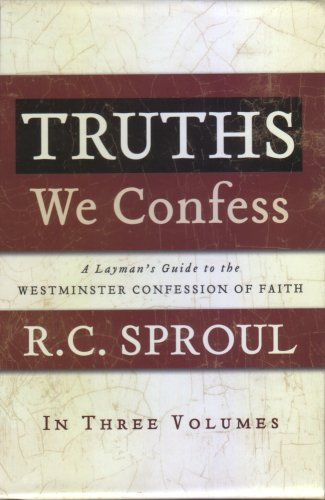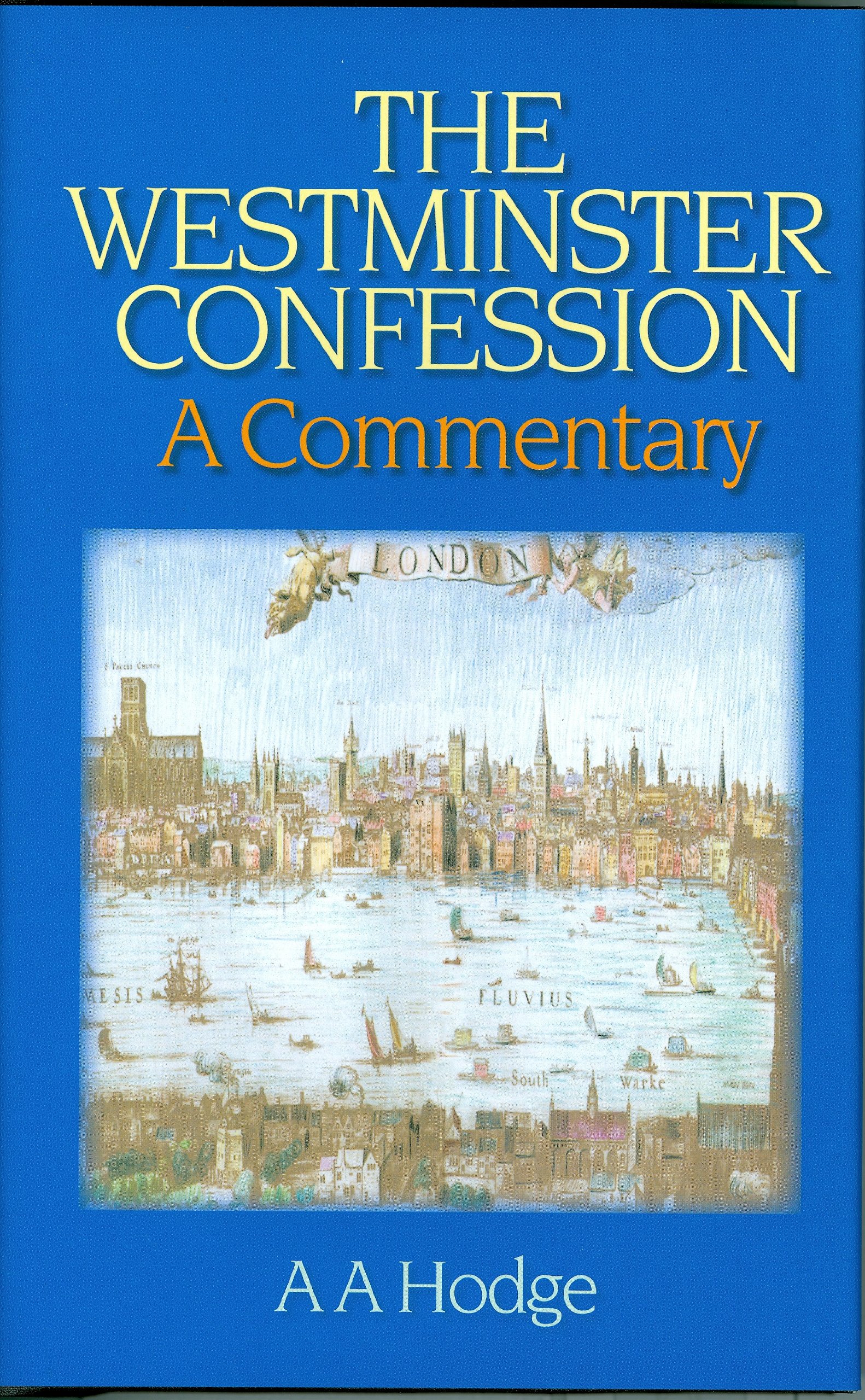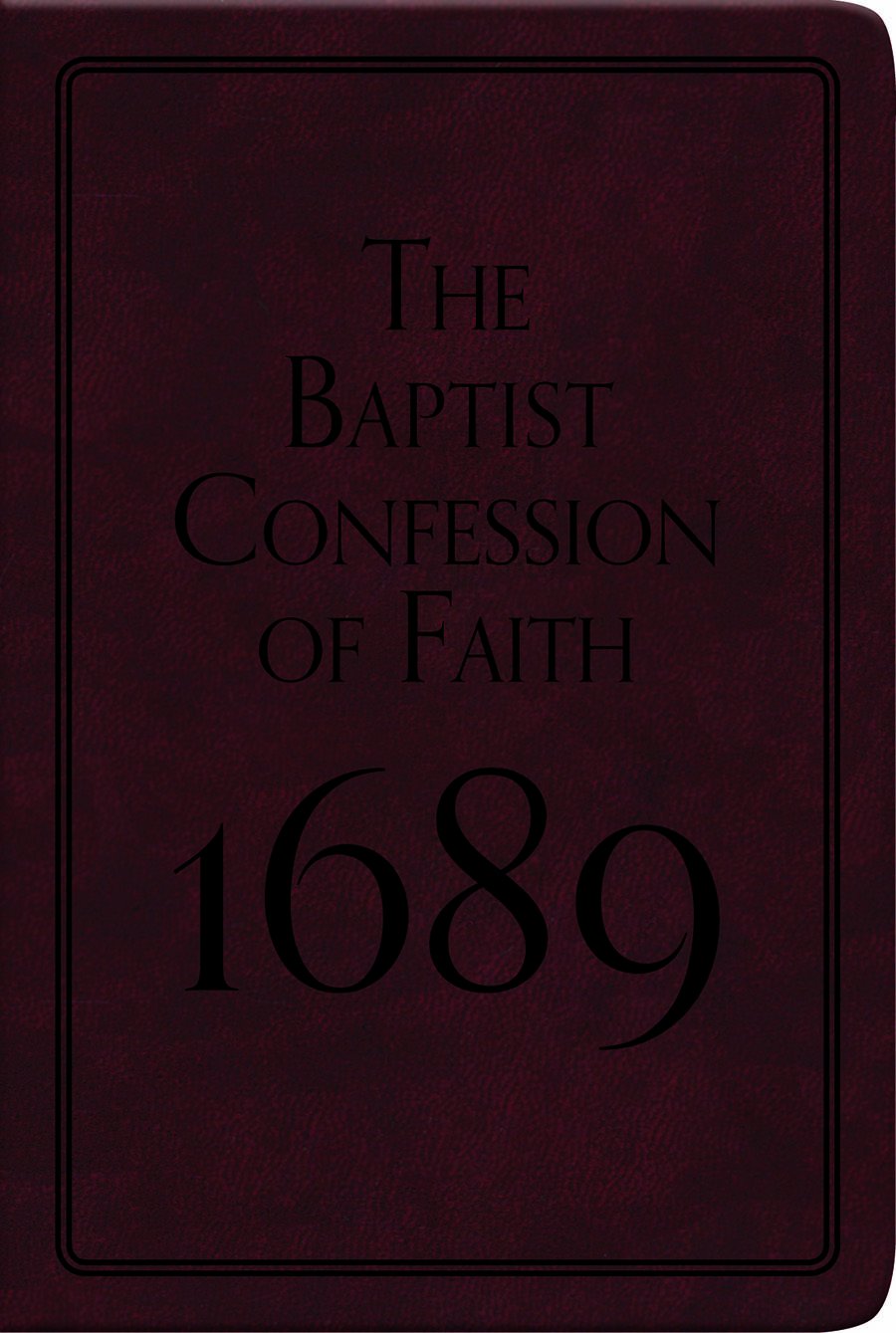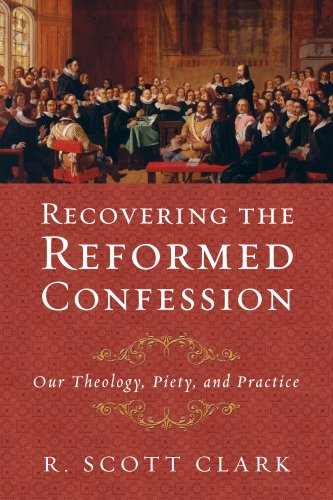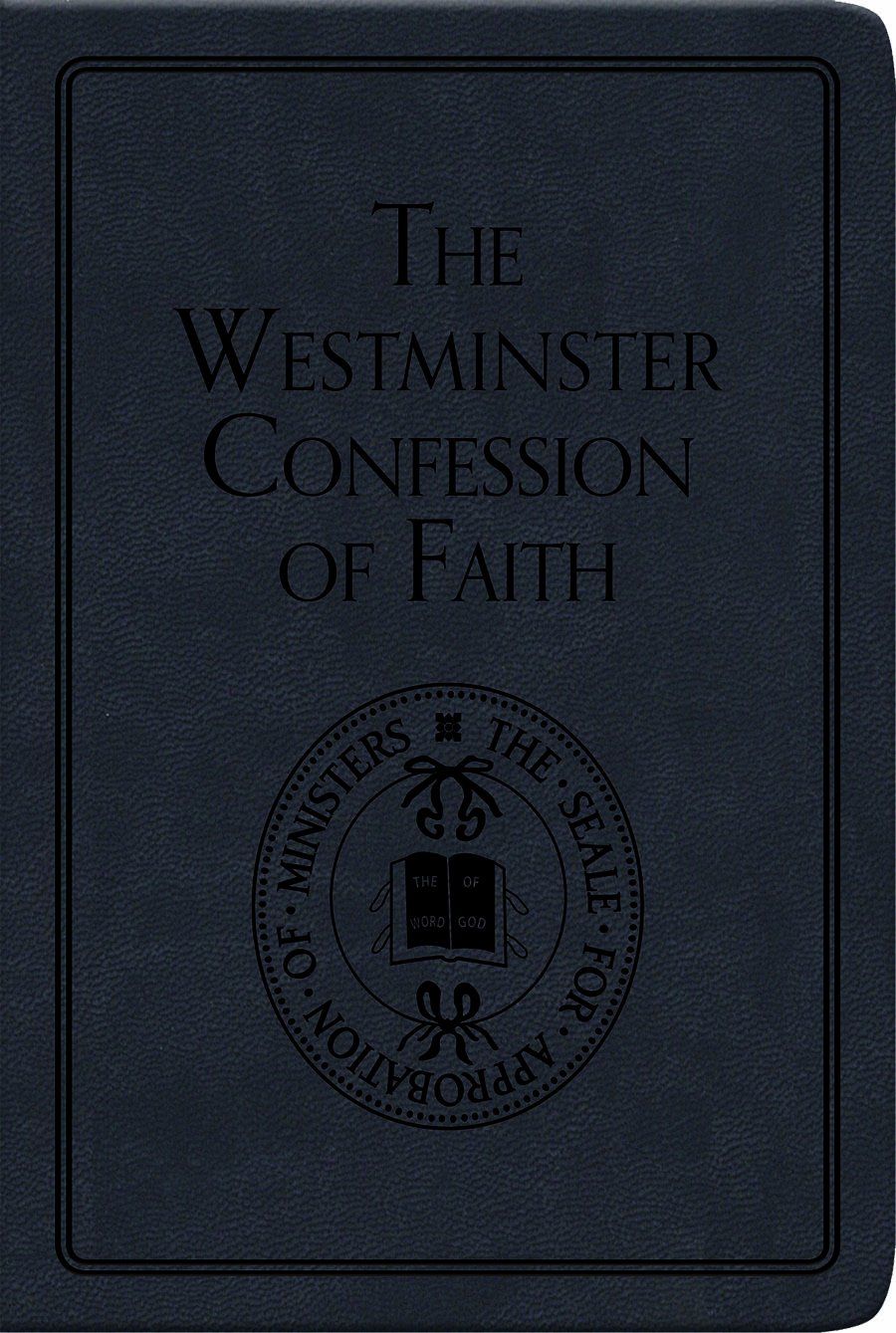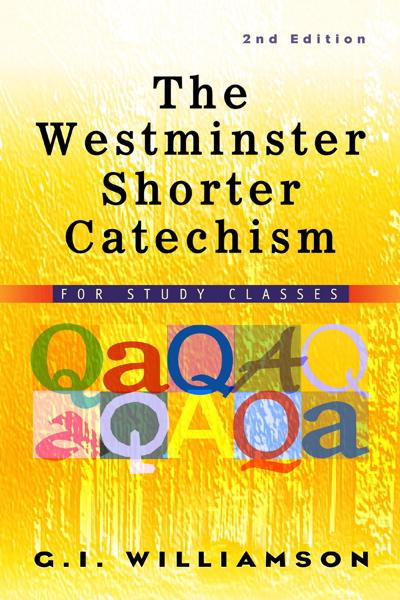The setting was perfect. The atmosphere was just right. This was the ideal time and place. We were in the car on the way to Synod. With all the issues and challenges that lay immediately before us, what better opportunity to discuss what it means to be Reformed!
There were three of us travelling together. My colleague, Alastair McEwen, is of soundly Irish Reformed Presbyterian stock and was raised on the Westminster Confession and Catechisms. Then there was Ian Daw, a senior student at the RTC, who had come to the Reformed faith the long way – through his own personal search and pilgrimage. Finally there was yours truly, a member of the RCA almost from day one. In spite of our different backgrounds and experiences we all considered ourselves (and one another!) to be Reformed. Why?
That question, as I recall, kept our conversation going from Albury to well past Goulburn. In other words, it took up quite a slice of the journey from Geelong to Blacktown. It was a stimulating and valuable conversation, not least because we managed to reach a consensus. We shared our conclusions with the Synod. Perhaps now is a good time to test them on a wider audience.
Like a good sermon, our conversation can be summed up under three points:
Scripture and Confessions
Firstly, we agreed that to be Reformed is to believe the Bible as historically interpreted in the Confessions (the Three Forms of Unity / Westminster standards). A Reformed Church is therefore a confessional, Bible-believing church. Hence a Reformed Christian is a confessional, Bible-believing Christian.
This position commits us to a high view of Scripture. We receive it as the infallible and fully inspired Word of God. We will bow to no higher authority. Historically this has meant that we do not elevate church tradition to the level of Scripture – as the Roman Catholic Church has done. But neither do we canonise our own experience, no matter how spectacular or supernatural it may be. Church tradition and personal experience have no independent status and are always subservient to the teaching of the Bible.
But why link our commitment to Scripture and adherence to the Confessions? Are the latter not merely human documents written hundreds of years ago? True, they are old. They have stood the test of time. And yes, they are human documents. They claim neither divine inspiration, nor divine infalliblity. So why have them? Is there any great merit to being a confessional church? Yes, there is. You can be church with integrity. It’s not everyone believing his own thing or interpreting the Bible however he pleases. In our postmodern age of rampant individualism and absolute relativism a confessional position is a strength not to be underestimated. Some time ago I was in a doctrinal discussion group that included a Catholic priest. After the meeting he asked me what our church believed. So I gave him a copy of the Psalter Hymnal which contained our confessions and credal statements. When he returned it a few weeks later, his comment surprised me: “I appreciate knowing where you stand. With most Protestants nowadays you never can tell.”
Having a confessional commitment to Scripture gives us deep historical and theological roots. That’s a tremendous asset as we enter the next millennium. But it also brings its challenges. To retain your integrity you need to keep checking new developments in the church against the Confessions. You also need to keep checking your Confessions against Scripture. That can be hard work. Think of all that the Synods have had to wrestle with in such areas as Women in Office or Word and Spirit. It is not easy to be a confessional church, but it is the way of integrity. It is also the only way if we are to walk the road together.
World-and-Life View
Secondly, to be Reformed is to have a Christian world-and-life view. Because God is sovereign He is Lord of all of life. Hence we seek to live all of life to the glory of God. As Paul wrote to the Corinthians, “So whether you eat or drink or whatever you do, do it all for the glory of God” (I Cor.10:31). This is a far-reaching command which Reformed people have generally taken quite seriously. When it comes to an acknowledgment of the Lordship of Christ over all of life, perhaps nobody has put it better than Abraham Kuyper: “There is not one square inch in the entire universe of which Christ cannot say, ’This is Mine!’”
A Christian world-and-life view has, however, proved to be notoriously difficult to work out in practice. Even so, impressive attempts have been made. In the Netherlands Herman Dooyeweerd developed Kuyper’s concept of “sphere sovereignty” to a fine point. He sought to bring all the spheres of learning into a coherent Christian philosophy. His work became widely influential, especially in North America in the sixties and seventies. Then there was Francis Schaeffer’s ministry among students and seekers at L’Abri, Switzerland. Time magazine once hailed him as “a missionary to intellectuals”. He and his team at L’Abri became prolific writers on such issues as modern philosophy, ecology, Eastern religions, music and the arts. Another movement that grew up on Reformed soil, this time in the U.S., was Theonomy or Christian Reconstructionism. Under the inspiration of such leading lights as J. Rousas Rushdoony, Greg Bahnsen and Gary North it sought to apply biblical principles (mainly from the Old Testament) in the areas of politics and economics.
These examples show that it is in our Reformed blood to seek to work out what it means to acknowledge Christ’s Lordship in all of life. Sadly, each of these movements is now past its prime. Dooyeweerd’s followers could not escape the persistent criticisms of those who questioned the biblical basis of his philosophy. After Schaeffer’s death in 1984 the L’Abri movement has continued to live on, but without his leadership it has lost some of its earlier focus. Theonomy has become a fragmented movement, and other Reformed Christians have seriously questioned the principles it uses to apply the Old Testament to contemporary issues.
With the wisdom of hindsight it would be easy for us to be dismissive of these thinkers. What we need to acknowledge is that here were scholars of extraordinary acumen who were willing to apply their Christian minds to the issues that confronted us in the sixties, seventies, and eighties. What we need ever so desperately are Reformed thinkers of ability who will address the issues of the nineties and beyond. The recent RCA Synod is therefore to be commended for having put in motion Reformation Forum 2000. The goal of this Forum is “to promote the teaching of the Lordship of Christ over all spheres of life amongst our own people, amongst other Christians and as a statement to society” (Art.36:2). Politics, economics, medicine, business, the media and sport are all items on the agenda that has been proposed.
Revival and Mission
Thirdly, to be Reformed means to be vitally interested in revival and mission.
Again the RCA Synod last August saw this as a significant aspect of its work. Moreover, the Synod was prepared to put its money where its mouth is. On the synodical budget the single largest item of expenditure was missions – at 30%. The second highest item was theological education which stands at 20%. Even in my position on the faculty of the RTC I would have to agree with that priority!
Truly Reformed churches have always expressed a strong commitment in this area. Some of the great movements of God in the twentieth century had their origins in Reformed missions. Dutch missionaries went to Indonesia, American Presbyterians to Korea. The Reformed Churches of South Africa did much to evangelise the sub-Saharan lands of their continent. In our own small way we are a part of this much larger picture. The Tuits are serving in the Philippines, the Zylstras among the Aboriginal people in Maclean. As I write, Kevin and Machi Rietveld are preparing to go to the Solomon Islands and Shirley de Boer to Senegal.
Hand in hand with this missions emphasis goes a concern for revival. Although this word has suffered abuse in recent years, there is nothing unreformed about revival! Again and again throughout the history of the church God has poured out His Spirit to bring times of refreshing. In 1996 the RTC’s journal Vox Reformata devoted a bumper issue to the theme of revival. A guest contributor submitted an article that drew its inspiration largely from the revival that occurred in his native South Wales in 1904. One of the spiritual descendants of that movement was perhaps the greatest Reformed preacher this century, Dr. Martin Lloyd-Jones. Throughout his long ministry he maintained a healthy hunger for revival.
Sometimes I wonder whether such a hunger still characterises our churches. Perhaps we have seen too many aberrations. Perhaps we have grown tired. We need to be challenged again. Are you praying for revival? Sometimes I ask myself why so few students have come to be trained for the ministry in recent years. Let me tell you honestly. I think it is because of the spiritual malaise and apathy currently plaguing our churches. The Lord is beginning to turn that around. The RCA Synod in Blacktown and the recent Youth Convention are each a case in point. But we still need revival. As the old chorus goes, “The dew drops around us are falling, but for the showers we plead.”
* * *
So as Reformed churches stand poised to enter the next millennium what should they look like? Allow me to summarize.
- They will be squarely based on Scripture as historically interpreted. As they look to the future they will have their roots firmly planted in the past.
- They will have a relevant world-and-life view from which they dare to address the issues of the day.
- They will be fervently praying for revival as well as actively involved in mission both at home and abroad.
In our conversation in the car, as we sped through the arid countryside of NSW, we came to one more conclusion. It was as sobering as the landscape through which we were passing: Most churches get only two out of three right. Churches that are into revival and mission are usually not known for a strong world-and-life view. Those with a well developed world-and-life view are generally not known for their enthusiasm for revival and mission etc. etc.
At the end of our journey a pleasant surprise awaited us. The Synod seriously addressed all three areas. If all of this translates into action at the local level, then to be a Reformed Christian will be as challenging and uncomfortable as ever. At the same time, if this remains the direction of our churches for the 21st century, we can truly expect the rich blessing of God!
